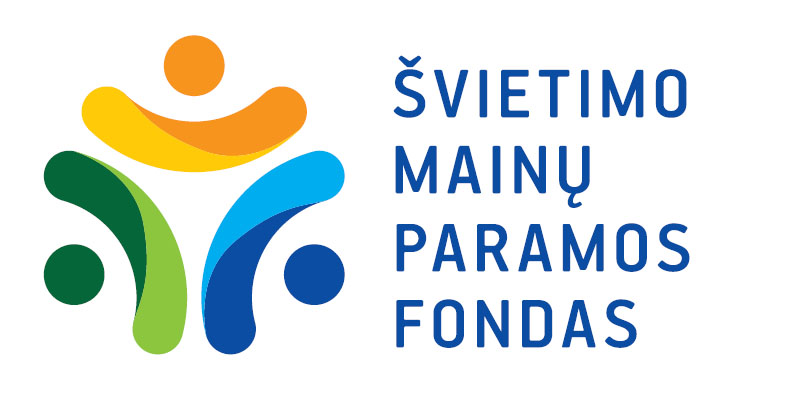Organizacija
The Education Exchanges Support Foundation (hereinafter – “the Foundation”) is a national agency entrusted with the administration of Erasmus+ and other initiatives funded by the European Commission (EC) and the Government of the Republic of Lithuania in the field of education and vocational training, which has been successfully operating since 2007.
Mission Statement
To disseminate the idea of lifelong learning and provide everyone the opportunity to acquire international experience.
Vision
We are an innovative, socially responsible and open organisation, which ensures the highest level of customer satisfaction and whose employees are experts in their fields.
Aims of the Foundation
- Innovative, learning, constantly improving governance and business processes, and using the state-of-the-art technologies;
- Socially responsible towards its surrounding environment, customers, employees, clients and the public;
- Open to employees and the public, adopting decisions that are transparent and clearly communicated;
- Employees are experts in their fields;
- High level of customer satisfaction.
Activities
The Foundation administers more than 50 different activities that are equally relevant to students and seniors, kindergartens or schools, and higher education or other education-related institutions.
The opportunities offered by the Foundation are available to various associations, business or non-governmental organisations and other structures seeking to improve their business practice or enhance their employees’ qualifications.
Besides the Erasmus+ programme, the Foundation also administers other educational programmes or initiatives such as Euroguidance, Europass, Erasmus Mundus, Tempus, eTwinning, EPALE, and Nordplus programme funded by the Nordic Council of Ministers.
Work programme
The Lithuanian NSS will try ensure sustainability of its activities in 2016 by targeting similar EPALE priorities as in 2014-2015:
- EPALE as one of the main tools in raising awareness on the importance and quality of adult education in Lithuania;
- Promotion of collaboration and communication of different adult education providers in Lithuania and Europe by implementing EPALE activities;
- The synergy between the Erasmus+ programme and EPALE;
- Development of new teaching/learning materials by using new technologies and innovative methods offered by EPALE platform.
The target groups
- Public authorities responsible for adult education (Ministry of Education and Science, National Coordinator for the European Agenda for Adult learning, adult education providers in formal education institutions);
- Other adult education providers (andragogues working with the socially disadvantaged groups, librarians, museum employees, third age university employees, etc.);
- Adult education umbrella organisations (Lithuanian Association of Adult Education, Lithuanian Adult Education Centres Leaders’ Association, Association of Local Authorities in Lithuania, Association of Third Age universities, etc.).
The main activities foreseen
- EPALE seminars in all regions of Lithuania.
- Other promotional activities of EPALE (social media, news portals, newsletters, “EPALE andragogue” certificate, etc.)
- Awards for the best EPALE adult education providers.
Reference to previous activities
- The network of 8 EPALE experts from regions will be maintained
- Communication with public authorities will be continued and strengthened.
- Quality check and assessment procedures of the EPALE resources will be implemented by the NSS staff.
Description of the main outputs, results and/or products
- ~200 different resources (news, articles, blog posts and other) from Lithuania placed in EPALE platform.
- 10 EPALE seminars and 2 webinars.
Selection of the best Lithuanian EPALE adult education providers.
The Team
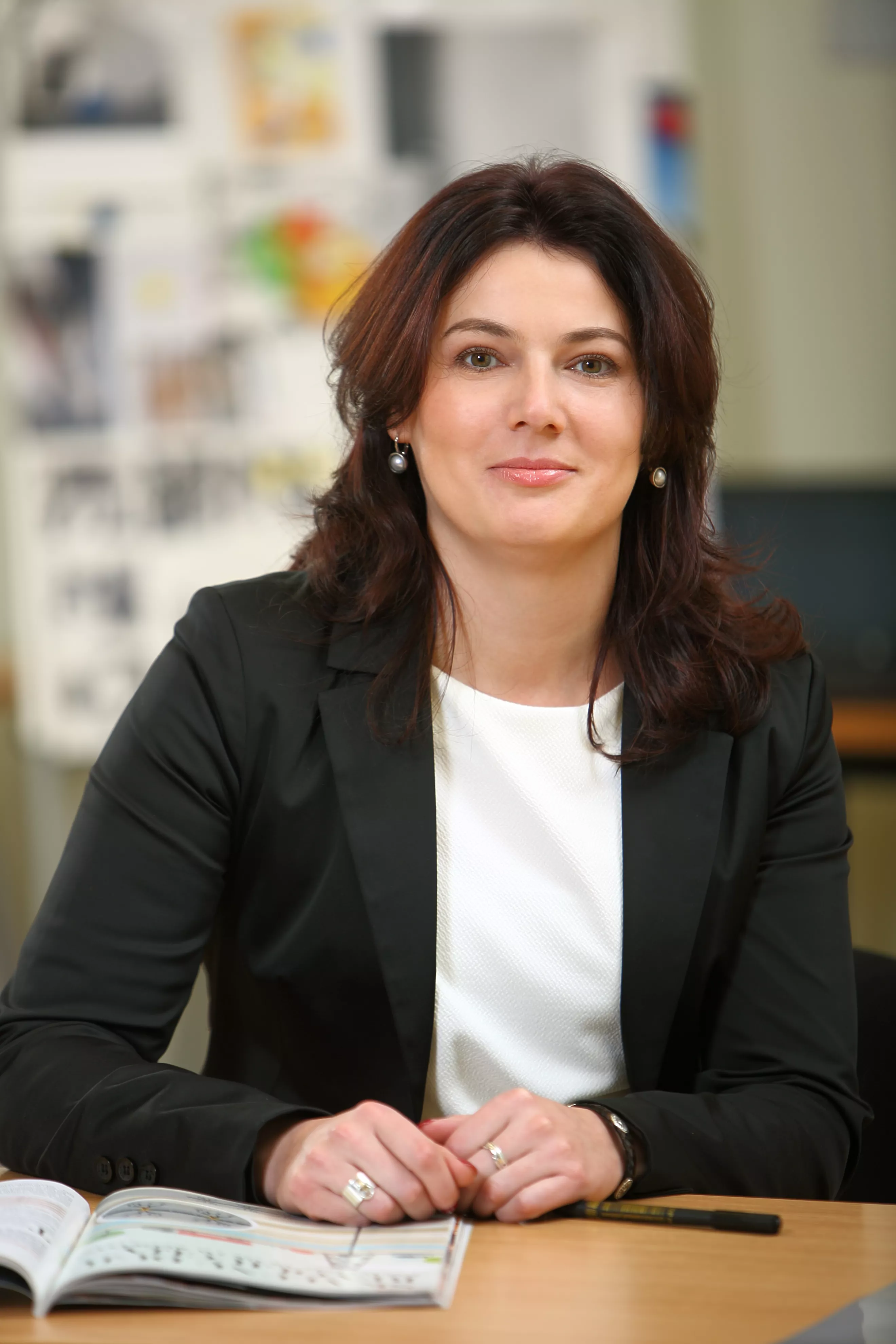
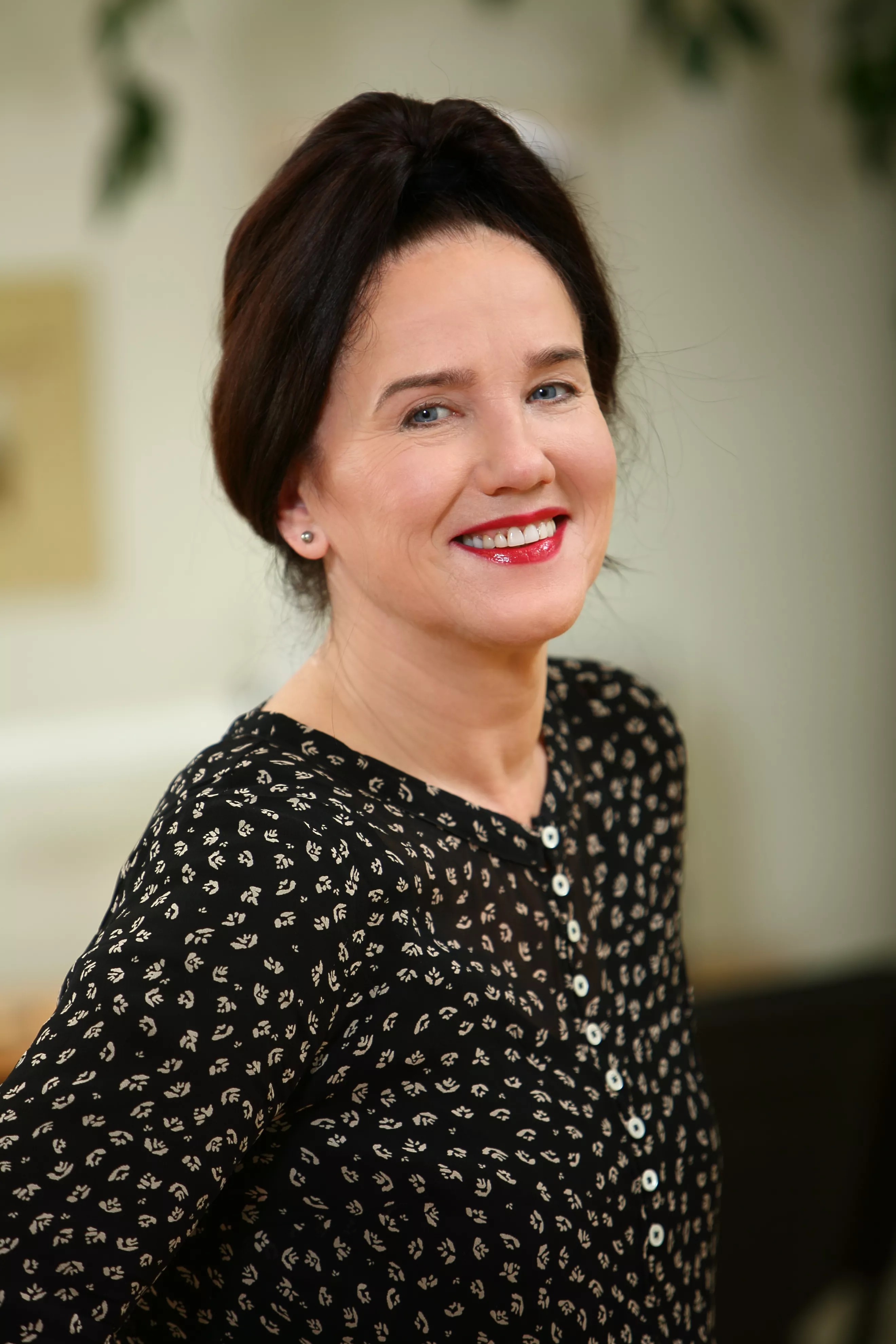
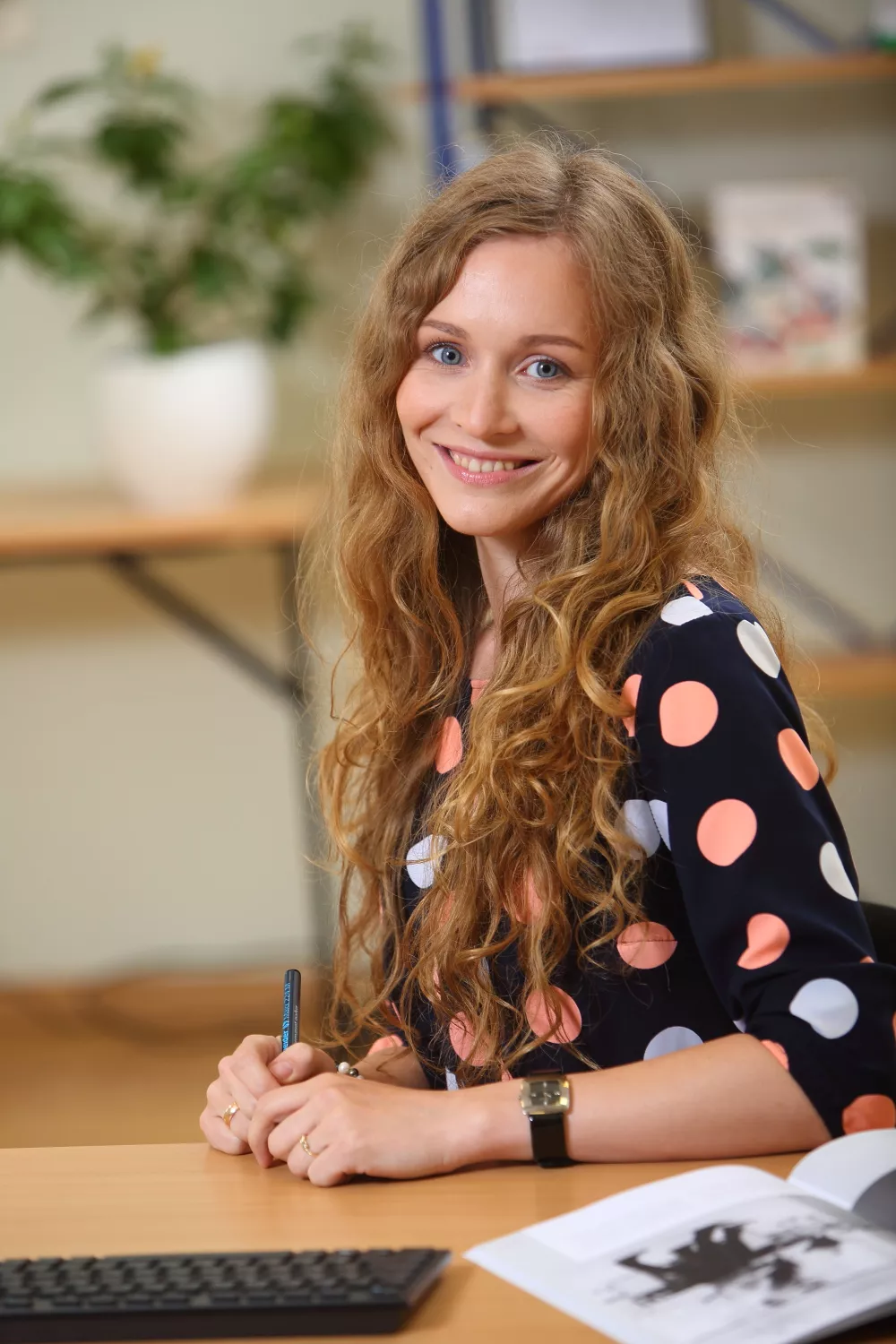
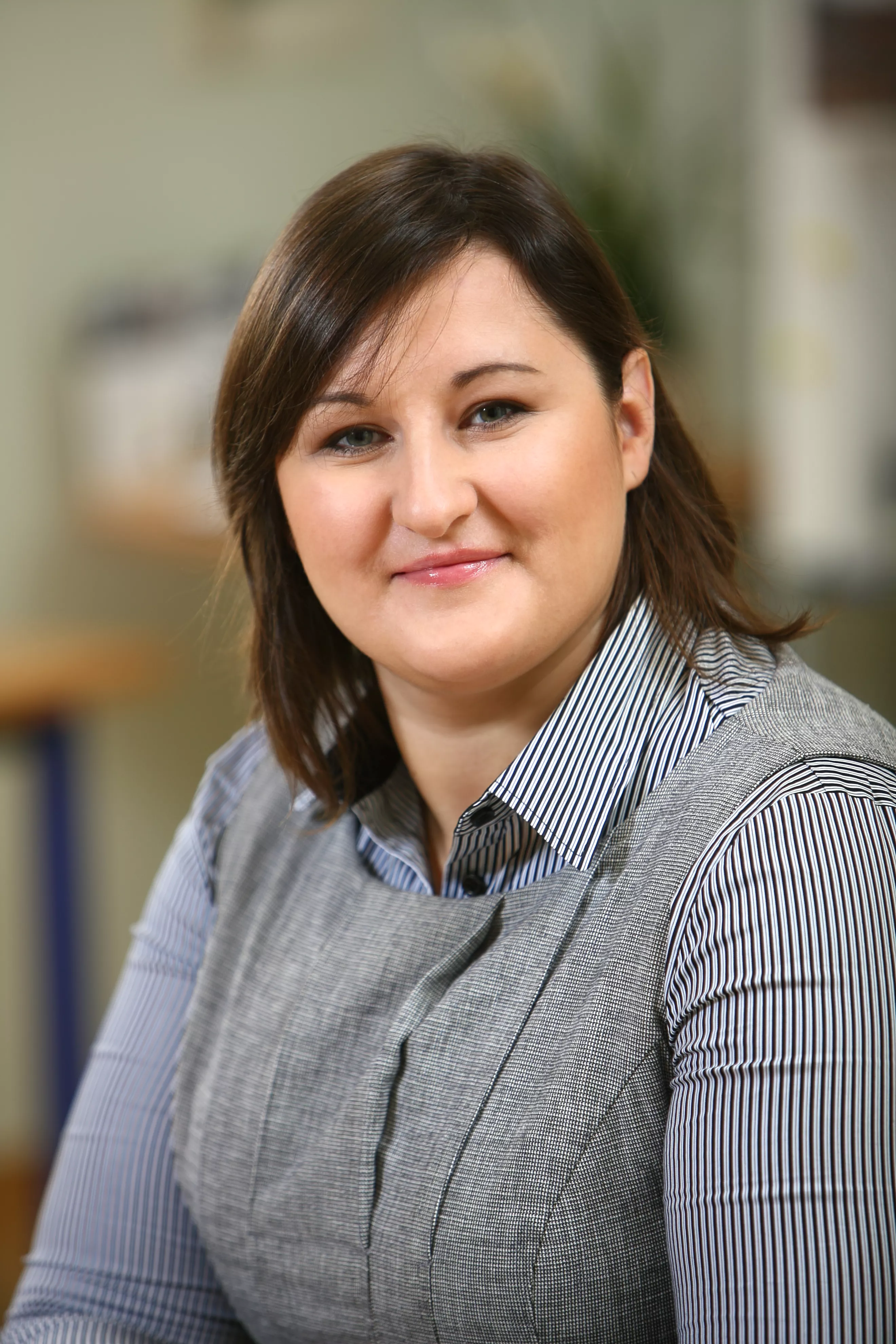
Adult Learning
Lithuanian education system in interactive space: http://www.euroeducation.net/prof/lithuaco.htm.
Against the background of rapid economic, social and political changes currently taking place in Lithuania, the country has clearly declared the policy of promoting lifelong learning as a top priority of its educational development.
The planning and implementation of the Lithuanian policy on the development of lifelong learning wasbased on the Strategy for Ensuring Lifelong Learning adopted in 2004 and updated in 2008. The Strategy is aimed at planning and defining the main directions for the development of lifelong learning and measures for its implementation focusing on the areas of vocational training and continuing adult education. The planning of the lifelong learning is based on National Education 2013-2022 strategy and implementation is based on the Action Plan of Development of Non-formal Adult Education 2014-2016.
Lifelong learning encompasses all learning activity undertaken throughout life, with the aim of improving knowledge, skills and competences, within a personal, civic and social and employment- related perspective.
Formal adult education includes general education, vocational education and training, and higher education. Formal adult education refers to institutionalised learning activities which are purpose-specific, organised, with a fixed length of studies, curriculum, learner evaluation system, formal admission and registration requirements, education content, teaching methods and resources. Upon completion of studies, learners are granted officially recognised diplomas and professional qualifications.
The purpose of non-formal adult education is to provide an individual with conditions for lifelong learning, meet the needs of cognition, upgrade the qualification already acquired and obtain additional qualifications. Non-formal adult education can be provided by educational institutions, companies, public organisations and various individuals. No officially recognised certification is granted.
Self-education (informal learning) is a natural daily self-directed process of learning which may not necessarily be premeditated; it is less organised and structured and may be driven by personal motivation or professional and family circumstances. As a result, it may not be recognised even by those individuals who are improving their competences. It is based on satisfaction of personal, social and family needs.
Institutions Providing Adult Education and Training
In Lithuania, adult education institutions may be formal and non-formal.
Lithuanian adults can follow formal education programmes in several types of institutions, including general education schools, adult education centres, vocational schools, colleges and universities. Those institutions (except general education schools) offer continuing professional development and retraining courses that also make an integral part of adult education.
Formal adult education schools (education centres) belong to the secondary school type within the group of general education schools. Adult general education schools provide adult primary, basic and secondary curricula. Studies according to these curricula may also be provided in adult classes set up in mainstream general education schools. Adult general education schools may organise adult education according to the adapted secondary education curricula, with admission available to persons from 21 years of age. Schools create conditions for learners to study certain compulsory and elective or additional and non-formal subjects in a modular way. Learners can also choose the extramural form of learning (studies by correspondence).
Adult schools that have the necessary material facilities and vocational training curricula may provide vocational education and training and create conditions for pupils to acquire a professional qualification.
Vocational education and training is provided at state, municipal and private institutions of vocational education and training and also at industrial enterprises. In Lithuania, there are vocational schools providing theoretical and practical vocational training alongside general education; vocational training centres and institutions offering vocational training; and specialised vocational training institutions for persons with special educational needs. Institutions of vocational training may also provide continuing education. The labour market vocational training is also part of the formal adult education system. The system of the labour market vocational training is instrumental in tackling an important specific task of softening the mismatch between demand and supply on the labour market and bringing the supply of qualifications closer to the rapidly changing demand.
Vocational training centres offer not only labour market vocational training programmes but also some other programmes of formal and non-formal adult vocational training. They are mainly intended for persons from the age of eighteen. Vocational training centres offer training at both levels to persons without any professional qualifications and persons undergoing retraining whose qualifications are not currently in demand. Practical training is carried out with a view of the learners’ prior work experience and their skills. Such training may be fully or partially conducted at enterprises, organisations and special vocational training centres, or may be offered by vocational training institutions that have licences for practical vocational training.
Under the Law on Higher Education and Research, study programmes aimed at retraining or programmes which do not award a degree may be carried out by universities and colleges in accordance with the procedure laid down by legal acts. At colleges and universities, adults can choose the form of extended studies. Colleges provide non-university studies for the training of practical specialists able to work on their own in educational, cultural, business and other fields. Apart from other objectives, colleges seek to create conditions for continuing learning and assist businesses in providing continuing professional development and retraining. After agreement with universities, colleges may include in their programmes such study programmes (or their modules) that correspond to the basic university study programmes. Under agreements with universities, college graduates may be admitted to a senior year to continue their studies at the university. This wasa significant contribution to the task specified in the Strategy for Ensuring of Lifelong Learning to remove any restrictions to persons seeking to acquire professions that are in demand and upgrade their qualification skills.
Non-formal adult education and learning is provided in accordance with the Law on Non-Formal Adult Education (from 1 January 2015 the new edit of the Law on Non-formal education and continuing learning will come into force), the Action Plan of Development of Non-formal Adult Education 2014-2016, Law on Education (2011), National Education 2013-2022 strategy and other legal acts.
Non-formal adult education may be provided by institutions of non-formal adult education, adult education centres, higher schools, institutions for provision of continuing professional development, businesses, non-governmental organisations, private individuals, etc. Adult education organised by employers to meet the needs of their business is conducted at the workplace.
Teacher education centres offer programmes of continuing professional development for teachers and various other non-formal education programmes. The Lithuanian Association of Adult Education (LAAE), founded in 1992, in cooperation with Lithuanian and foreign adult educators and institutions, promotes an approach of lifelong learning among the general public. LAAE provides assistance in creating the network of cooperating adult education institutions, provision of information and programme exchanges, development of joint projects and upgrade of the andragogic qualification skills of its members.
The Education Development Centre that is subordinate to the Ministry of Education and Science implements national adult education and continuing education programmes and projects, creates and runs the digital repository of learning programmes and objects, provides information to the general public, conducts research on the status and needs of adult education in the country and carries out projects related to the development of adult education opportunities.
The Regulations of Lithuanian Non-formal Adult Education Council were adopted by the Government in 2014. The Lithuanian Non-formal Adult Education Council is an expert body that provides consultation and consider the main prospects for development of non-formal education in Lithuania. It also carries out the analysis of projects for the development of the system of non-formal adult education, coordinates the actions of adult education institutions. Lithuanian Non-formal Education Council consists of representatives from state’s and municipalities’ institutions, organizations representing employers and employees interests, NGOs’ from the non-formal adult education and continuing learning field. The Non-formal Adult Education Council is composed from 15 persons.
The Lithuanian Association of Heads of Adult Education Centres is engaged in shaping the national policy on adult education, promotes collaboration between institutions of formal and non-formal education and organises events of continuing professional development to the staff of adult education centres.
Non-formal education of senior citizens is organised by the Universities of the Third Age that have branches in several towns of the country. The activities of the public organisations stimulate the integration of people of different ages into society and the need for continuous education. The Universities offers various schemes that help improve people’s health and the quality of life.
Non-formal education is provided by vocational training institutions and enterprises that have included such activities in their regulations or have licences issued by the Ministry of Education and Science to provide such training.
Other ministries of the country, such as the Ministry of National Defence, Ministry of Foreign Affairs, Ministry of Finance, Ministry of Transport and Communications, Ministry of Health and Ministry of Culture, have their own in-house structures of non-formal adult education where specialists of the respective fields improve their professional qualifications.



